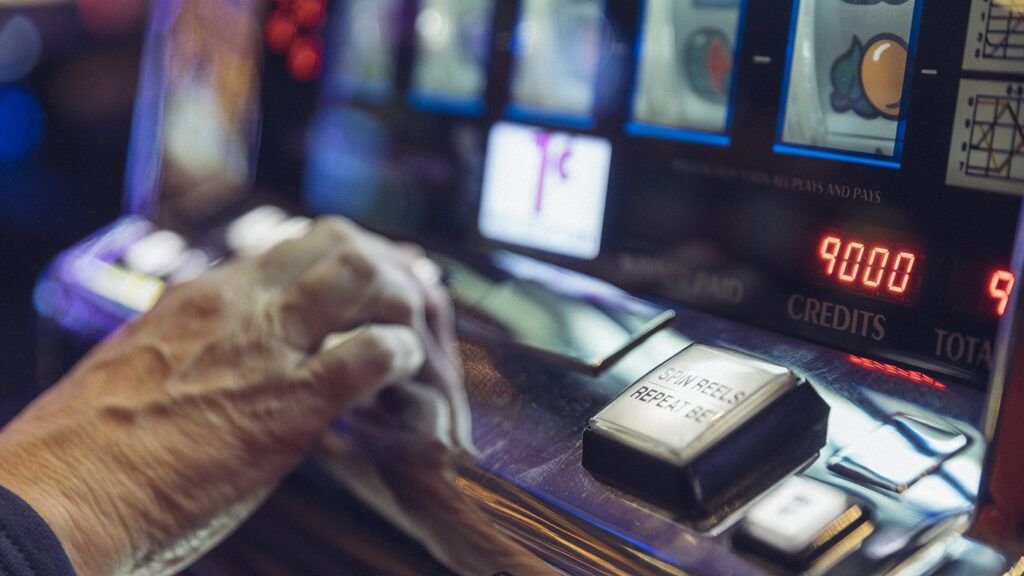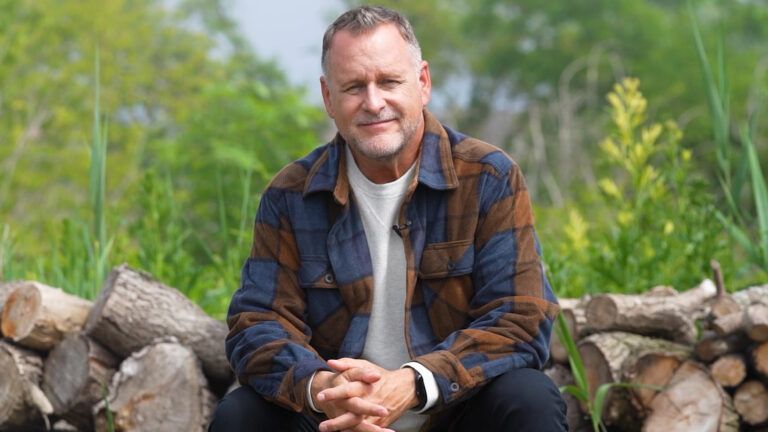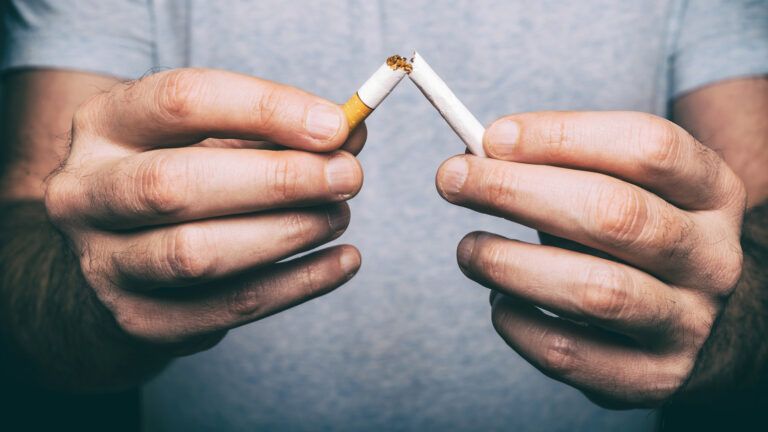Some people are surprised to learn that it is possible to become addicted to gambling. In fact, research shows that the biological basis of all addictions is the same. The brains of addicts respond identically, no matter what triggers their particular addiction.
Treatment professionals call addictions to gambling and other behaviors process-based because they are triggered by the everyday processes of life. Such addictions can be especially challenging because it is hard to avoid the cause of the addiction. You can buy a lottery ticket in any gas station or convenience store in America.
If you suspect a behavioral addiction in yourself or a loved one, the first step is honestly admitting the problem. Confronting someone about gambling is especially hard because money is a sensitive subject. It’s better to risk an awkward conversation than suffer the consequences, which can include ruined family finances and fractured relationships.
What are the signs of problem gambling? Any behavior can be viewed as an addiction if someone is unable to stop despite obvious harm. Compulsive visits to a casino or to gambling websites, debt and denial are all warning signs.
Treatment for gambling and other behavioral addictions is similar to that for substance use disorders. Cognitive behavioral therapy is an evidence-based treatment used to help problem gamblers. While no medication can ease cravings or withdrawal symptoms, the 12-step recovery model can help anyone with a behavioral disorder.
Admitting the problem, seeking help from a treatment professional who can accurately assess and address co-occurring disorders such as anxiety or depression, and joining a recovery support group are keys to success. For some people, turning to a higher power is also vital.
Ideally, a person’s family joins the recovery process, learning how best to support their loved one’s recovery. Family members do best when they have their own program of recovery. In some cases, people in recovery may need to separate themselves from friends or family members who seek to undermine their recovery.
Gambling addiction is a major challenge. But with the right help and support, people who struggle with problem behaviors can find recovery and a new start in life.
Ryan Hanson, Executive Director
Caron Renaissance Florida




